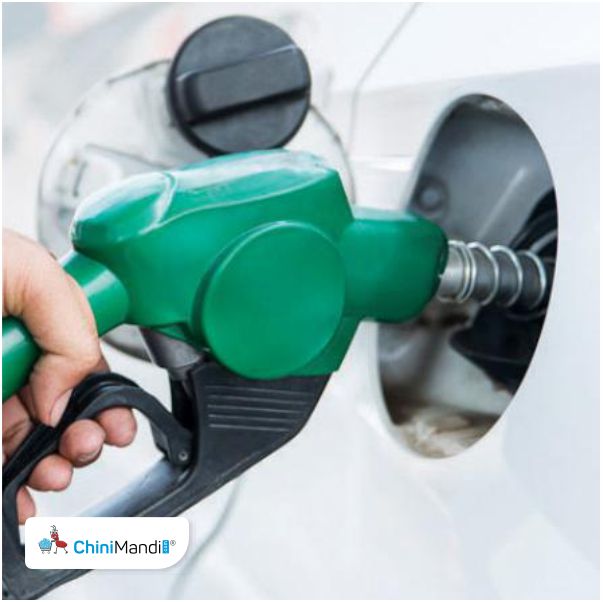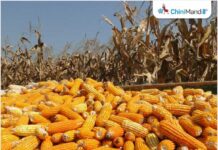Indonesia plans to introduce a mandatory 10% bioethanol content in gasoline by 2027 as part of its strategy to reduce fuel import dependence, Energy Minister Bahlil Lahadalia said Friday.
The Southeast Asian nation aims to expand the use of biofuels derived from palm oil and sugarcane to enhance energy self-sufficiency. However, ethanol supply constraints have delayed the rollout of the required gasoline blend.
Minister Bahlil estimated that the country would need around 1.4 million kilolitres of bioethanol to meet the 10% mandate. “We plan to source all the ethanol from domestic markets,” he told reporters, adding that cassava, corn, and sugarcane could also serve as alternative feedstocks.
Data from the Association of Indonesian Methylated Spirits and Ethanol Producers shows that Indonesia had a production capacity of 303,325 kilolitres of bioethanol per year in 2024. Actual output, however, was 160,946 kL, with imports totaling 11,829 kL.
Domestic demand reached 125,937 kL last year, while exports accounted for 46,839 kL.
















